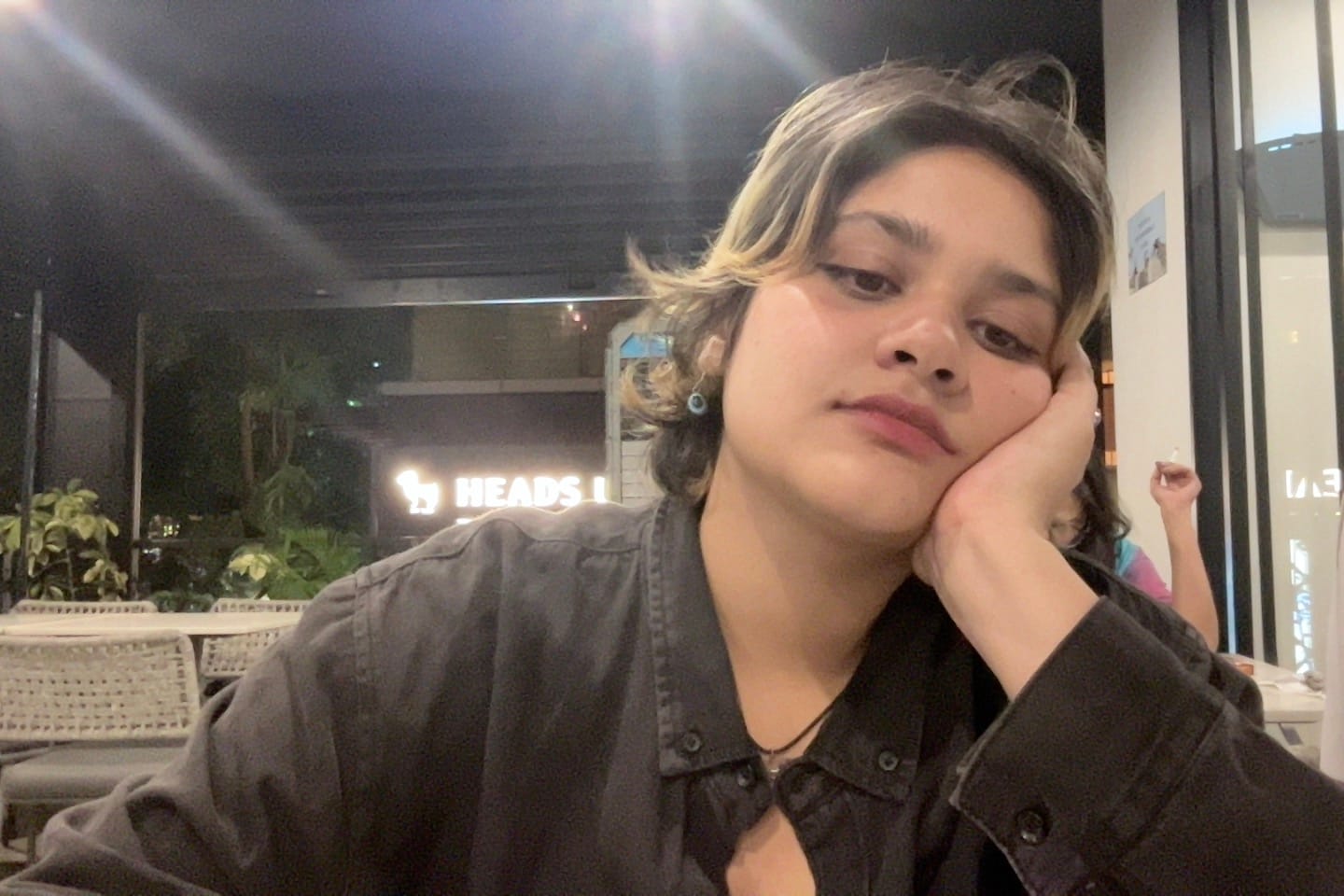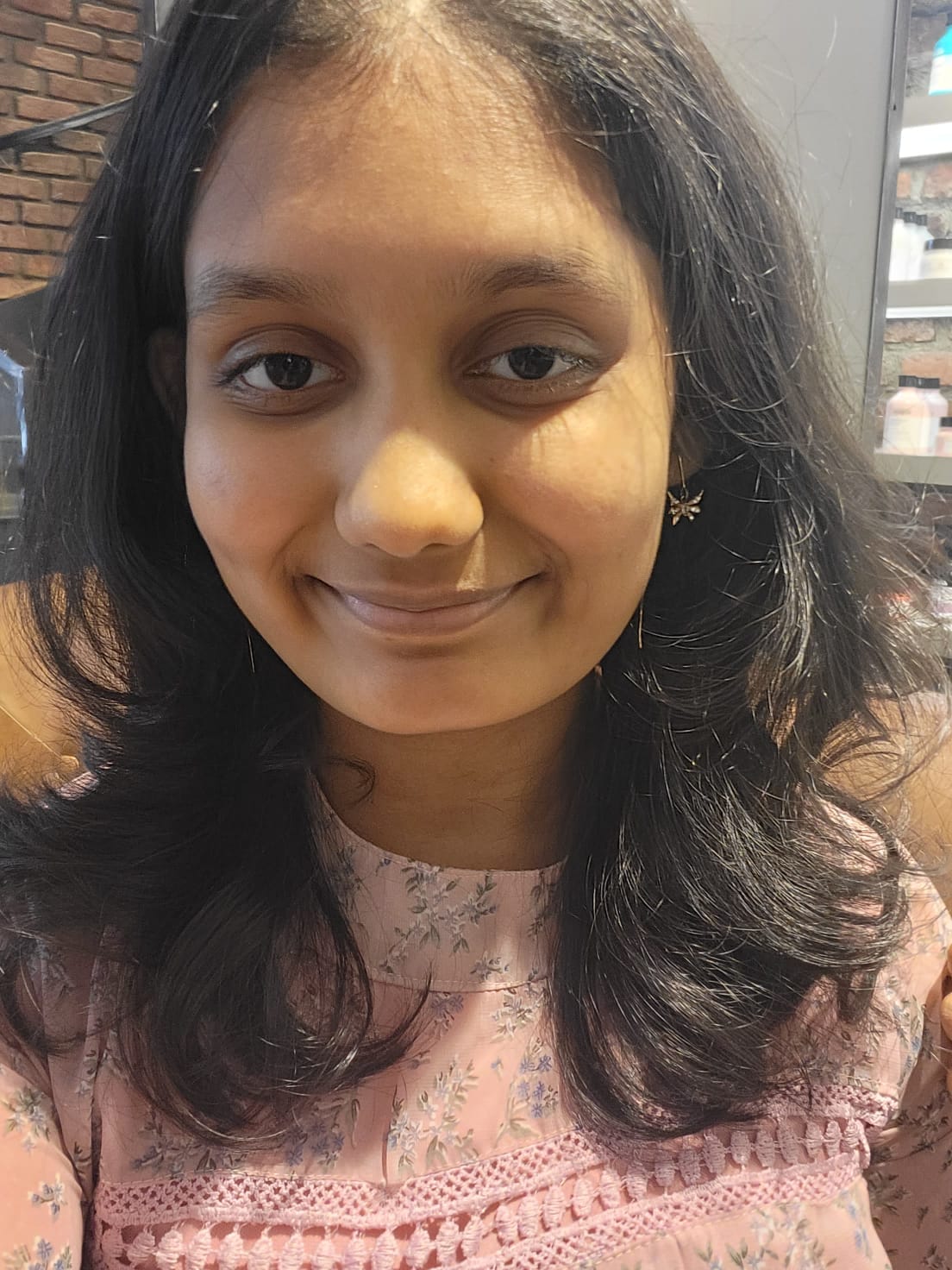The Role of Peer Support Groups In Mental Health Recovery

Rohan P
July 21 , 2024

““Rarely, if ever, are any of us healed in isolation. Healing is an act of communion.””
- bell hooks
Aristotle proclaimed that “Man is by nature a social animal”. We all know this to be true. Humans need community and companionship to thrive. Humans are biologically wired for connections. Not only do we all know this intuitively, but an overwhelmingly large (and increasing!) canon of scientific literature points to this. We are so hardwired to connection that it influences our health and wellbeing. People who chronically feel lonely are not only at a greater risk of mental illnesses but physical ailments too.
There are studies that show that loneliness activates the same regions of the brain as physical pain. The brain largely interprets emotional and physical pain very much the same.
Given all this information, is it really a surprise that peer support has a profound effect on mental health?
Before we dive in though, we need to understand what peer support is.
So, What Exactly is “Peer Support”?

Photo by Kinga Howard Team on Unsplash
Peer support is a type of social support where people help each other, share experiences, offer mutual aid, and provide a sense of community. The word “peer” here is super important. It reflects the fact that everyone is a peer, or in other words, equal. To put it in more simple terms, peer support is a group of individuals who support and help each other. These people share similar issues and have lived experience.
For example, addiction recovery groups like Alcoholics Anonymous use peer support to help its members.
Benefits of Peer Support Groups

Photo by Nathan Anderson Team on Unsplash
Safe Space
Peer support groups are safe spaces where members can express themselves free of judgement. As all peers share lived experience, they can understand on a deeper level than someone who studies a condition from the outside.
Fills in gaps that are not/cannot be addressed by standard therapy.
They can act as a bridge between clinical interventions and everyday life, helping individuals to apply the skills and insights gained in therapy to real-world situations. Additionally, the reciprocal nature of support in these groups can empower members, as they not only receive support but also have the opportunity to offer support to others, which can enhance their own recovery journey.
Emphasises the fact that the person is not alone.
As discussed earlier, loneliness can have detrimental effects on health. When one is struggling, it becomes easier to feel disconnected. With a lack of people that can relate to them, they are at risk of feeling alienated. It may seem as though one is the only person in the world experiencing such emotions. However, support groups can change that perspective. They allow people to connect with others facing similar issues or conditions, regardless of their stage of recovery.
Do We Need Peer Support When Therapy Exists?
Not all forms of aid have to be clinical. The beauty of peer support lies in the fact that it is not led by a therapist, but by people facing similar issues and conditions.
Peer support is not an alternative to therapy, but it can definitely complement it. It addresses some of the gaps that formal therapy cannot fill. The relationship between a therapist and a client is strictly formal, whereas in peer support groups, deep bonds can be forged. Peer support thrives on mutual understanding, empathy, and shared experiences.
Research has shown that participation in peer support groups can lead to improved mental health outcomes, including reduced symptoms of depression and anxiety, and increased feelings of hope and self-worth.
To sum up, peer support groups are beneficial for everyone involved. It helps address concerns that cannot be addressed adequately with mere therapy. In conjunction with therapy, it is a great ally in our journey towards mental health. If you want to get started on your journey to mental health, you can check out the therapists at Heart It Out here!
Keep Reading
Started reading,
found my glow!
New blogs dropping soon – Sign up!
© EmbraceWell. All rights reserved





























